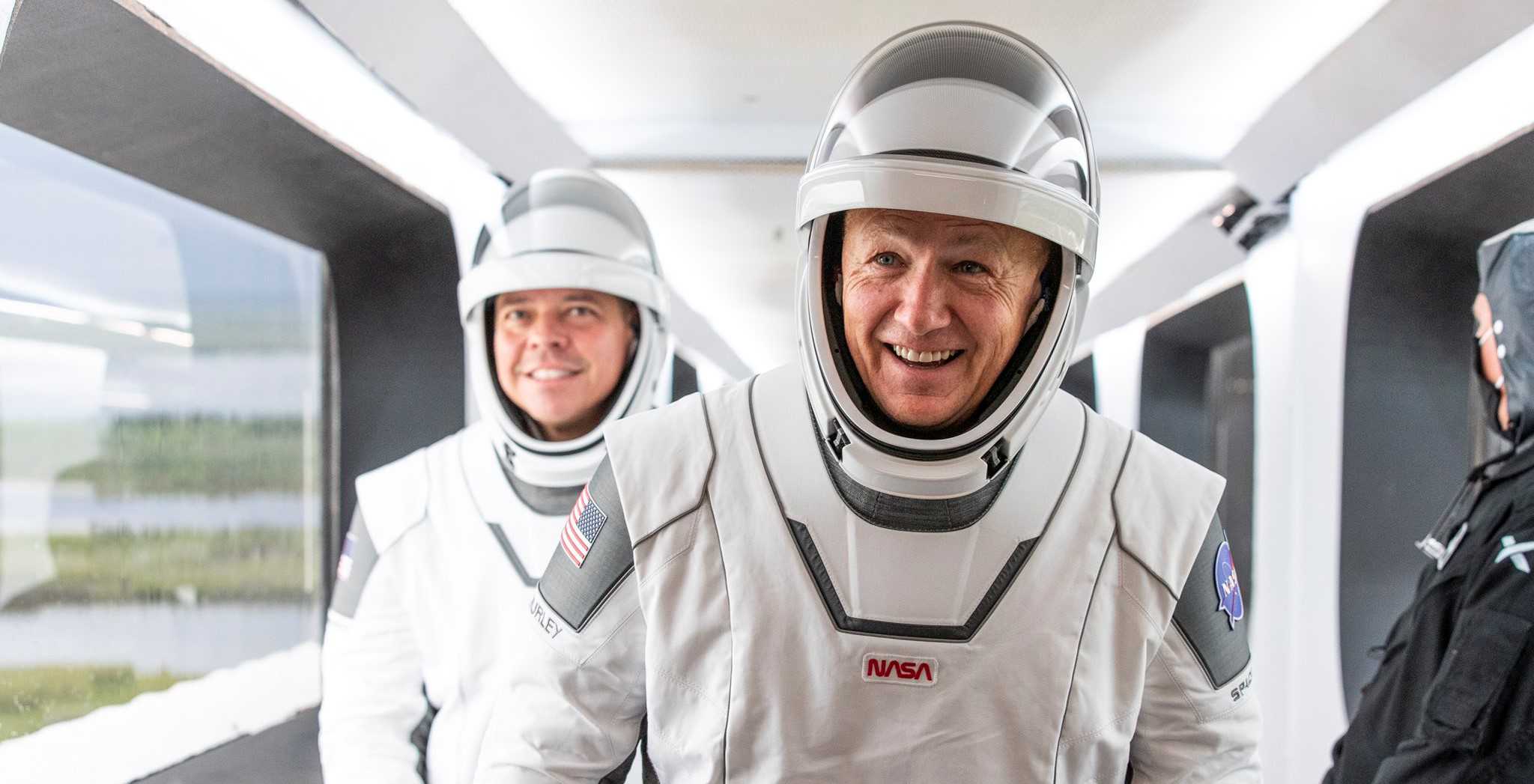NASA says that the astronauts responsible for SpaceX’s first crewed Dragon test flight will be awarded the Congressional Space Medal of Honor for their bravery.
Kamala Harris, the sitting US Vice President and Chair of the National Space Council, will bestow the exceptionally rare awards to former NASA astronauts Douglas Hurley and Robert Behnken in a ceremony on Tuesday, January 31st. NASA will stream the event live on all social media platforms and its own NASA TV service, beginning around 4:15 pm EST (21:15 UTC).
Since Congress authorized the Congressional Space Medal of Honor in 1969, it has been awarded just 28 times. Just 11 went to living astronauts, while the other 17 were awarded posthumously: to the three NASA astronauts killed in the 1967 Apollo 1 accident and the 14 astronauts killed in the Space Shuttle’s 1986 Challenger disaster and 2003 Columbia disaster. Former President George W. Bush awarded the most recent medal to Robert L. Crippen, the first Space Shuttle pilot, in 2006.
NASA notes that “despite the medal’s name, the President awards this medal based upon recommendations from the NASA Administrator,” indicating that Administrator Bill Nelson selected Behnken and Hurley for the honor. It’s difficult to imagine a pair of astronauts more worthy of ending the 16-year gap since the last Space Medal of Honor was awarded.
Prior to the Dragon test flight they will be honored for, Behnken and Hurley had storied careers in the US military and at NASA. Bob Behnken earned a PhD in mechanical engineering from Caltech in 1997 and eventually became a lead flight test engineer in the US Air Force’s F-22 Raptor program. He was selected as a NASA astronaut candidate in 2000 and flew two Space Shuttle missions in 2008 and 2010. In 2012, Behnken was chosen to lead NASA’s prestigious Astronaut Office, and did so for three years before he began training for the Commercial Crew Program.
Doug Hurley earned a Bachelor’s degree in civil engineering in 1988 and received a commission in the US Marine Corps upon graduating. He made three deployments as an F/A-18 pilot and later became a Navy Test Pilot in 1997. Hurley was “the first Marine pilot to fly the F/A-18 E/F Super Hornet” and has experience flying more than 25 types of aircraft. He was also selected to become an astronaut in 2000 and flew on two Space Shuttle flights, including the Shuttle’s 135th and final mission in 2011.
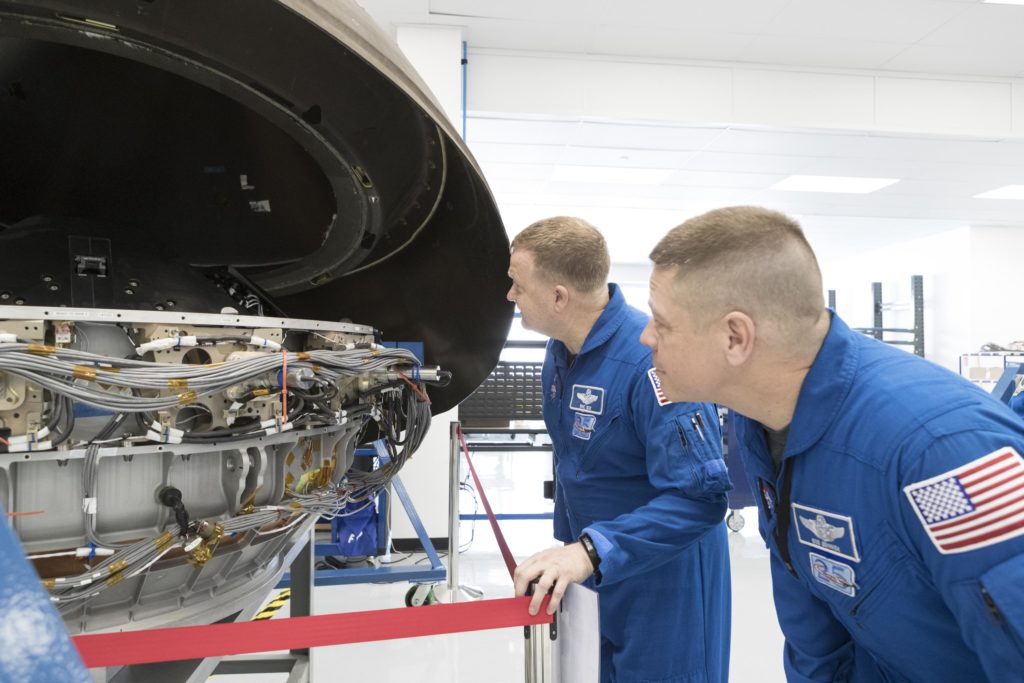
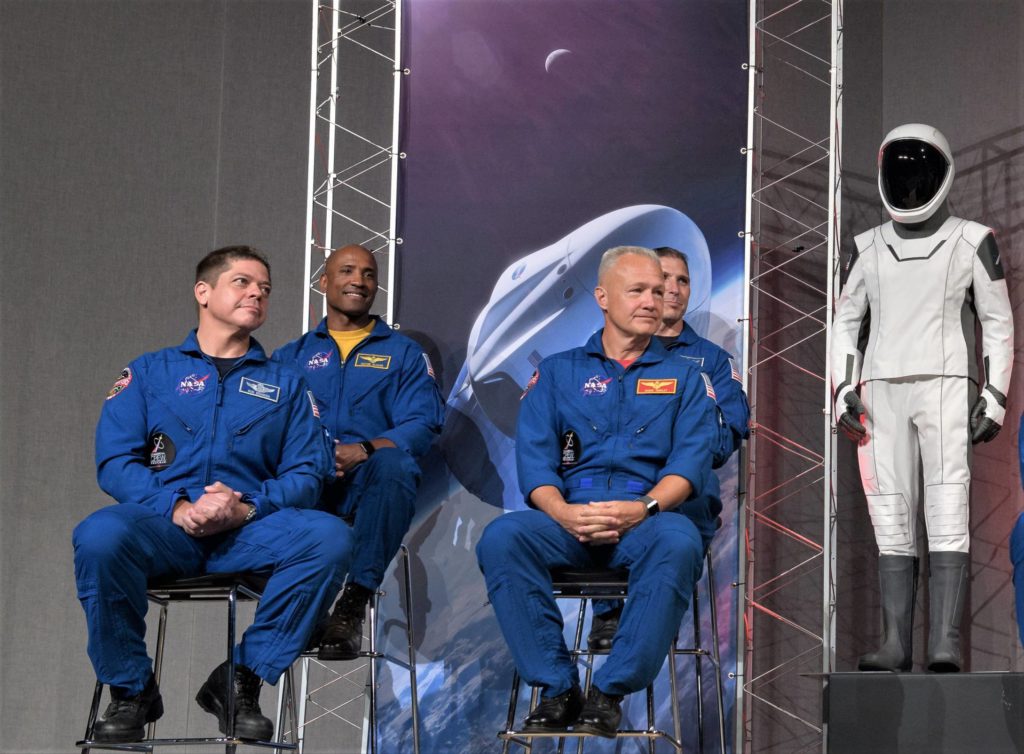
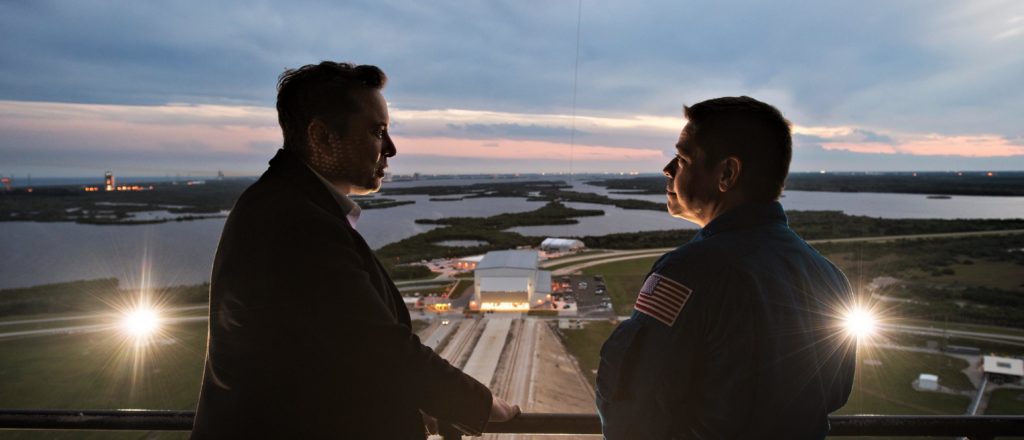
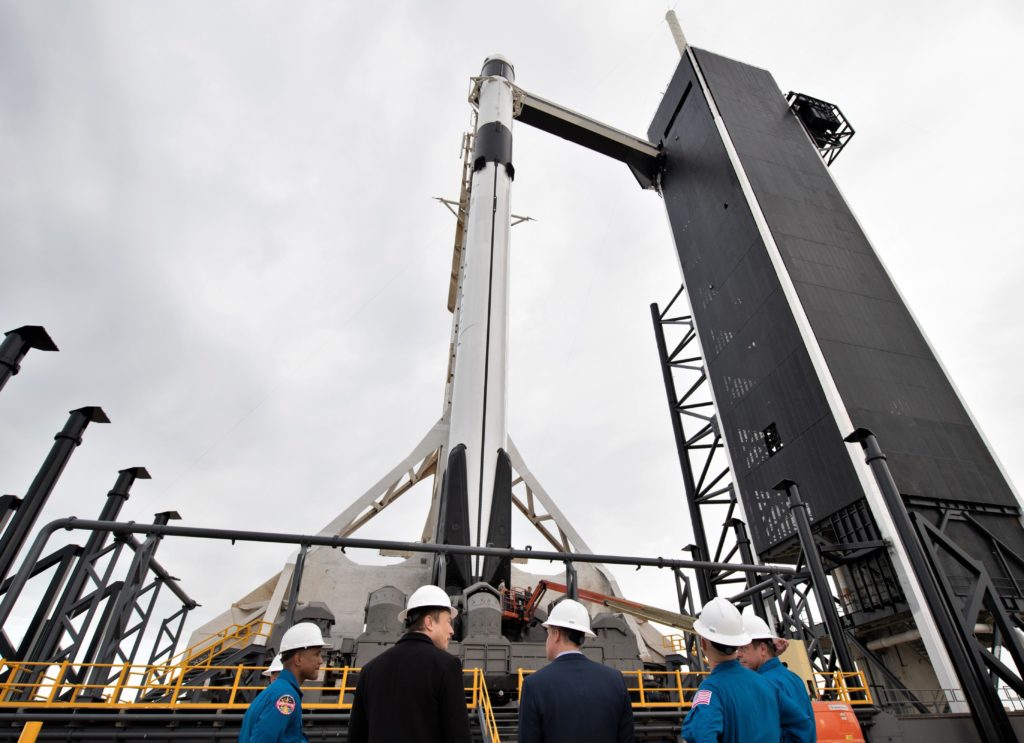
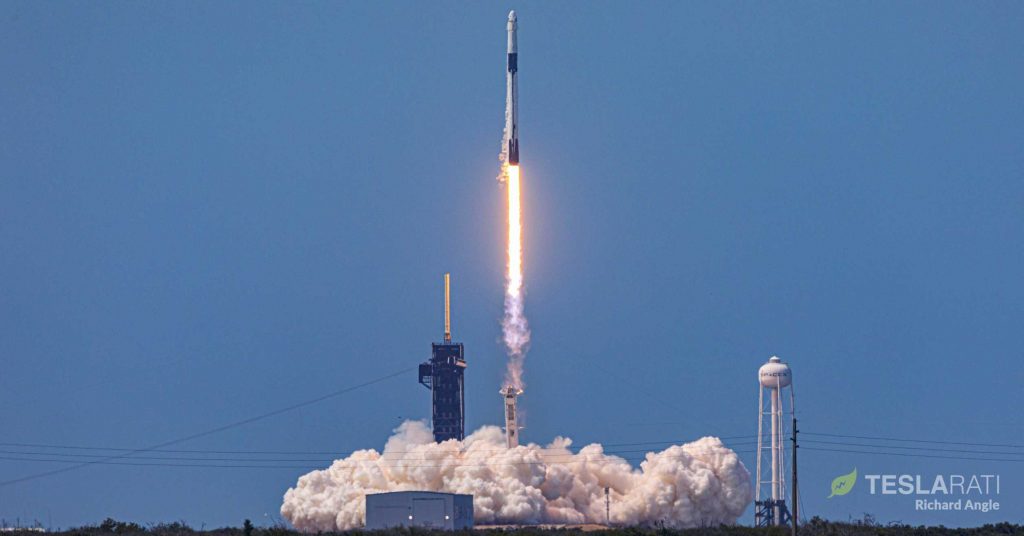
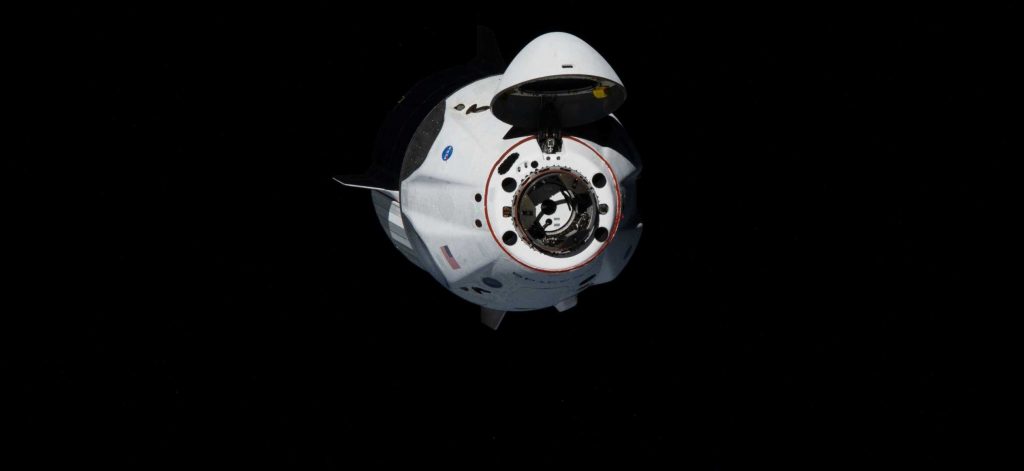
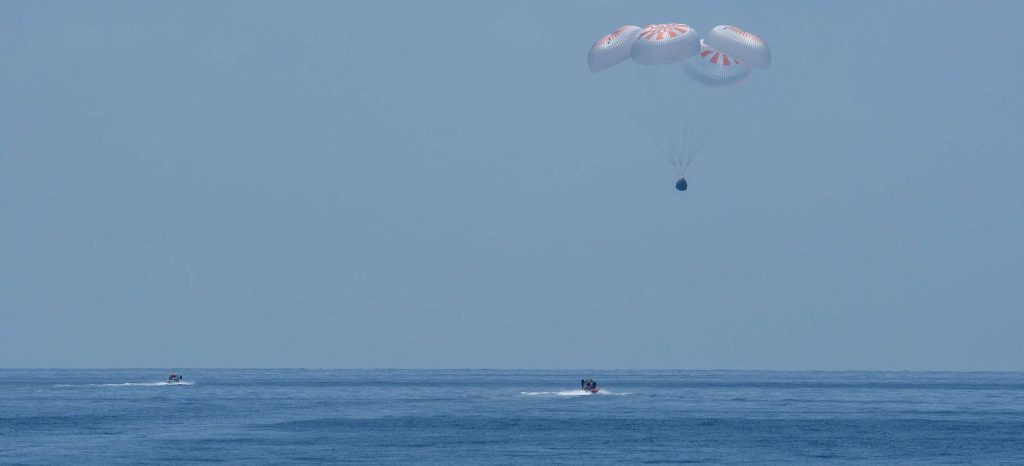
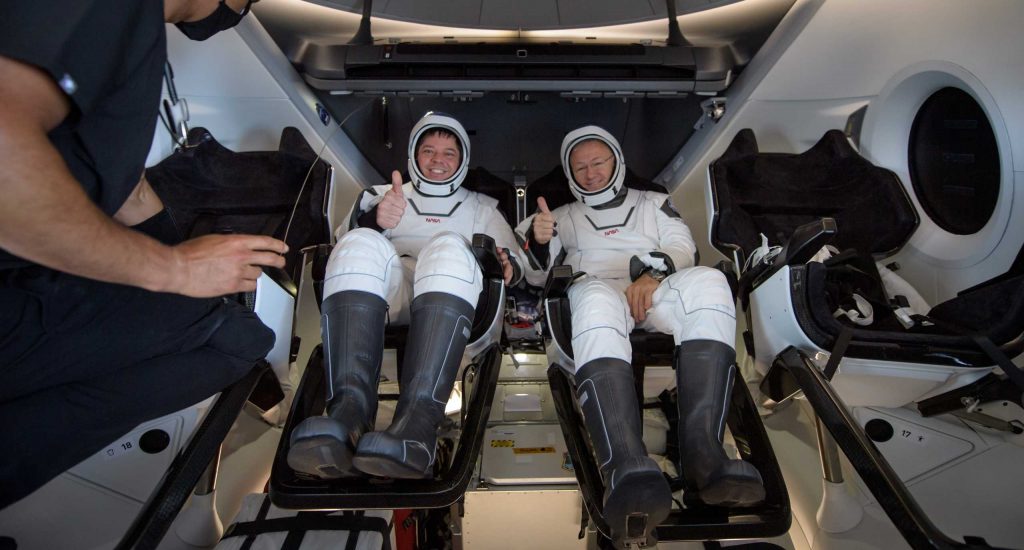
In 2018, Bob Behnken and Doug Hurley were assigned to SpaceX’s first crewed Crew Dragon test flight. Leaning on their histories as pilots and engineers, they worked with SpaceX for multiple years before the company’s historic astronaut launch debut. Their input lives on today throughout SpaceX’s Dragon program, from the spacecraft’s design and interior to how the company trains private and public astronauts.
On May 30th, 2020, Bob Behnken and Doug Hurley became the first NASA astronauts to lift off from US soil since the Space Shuttle’s 2011 retirement and the first astronauts in history to ride a privately-developed rocket and spacecraft into orbit. Defying expectations, Crew Dragon beat Boeing’s Starliner spacecraft to the punch and performed (more or less) flawlessly throughout its Demo-2 test flight.
NASA was so confident in SpaceX – and encouraged by Crew Dragon’s initial performance – that Demo-2 was extended from a minimum duration of about a week to 62 days. After two months in orbit, Crew Dragon successfully undocked from the International Space Station (ISS), deorbited, reentered Earth’s atmosphere, deployed parachutes, and gently splashed down in the Gulf of Mexico – safely returning Behnken and Hurley to Earth.
The highly successful test flight allowed NASA to rapidly certify Dragon. Less than four months later, another Crew Dragon spacecraft lifted on a Falcon 9 rocket on SpaceX’s first operational astronaut ferry mission for NASA. More than two years later, Boeing’s Starliner remains uncertified, and Crew Dragon is still the only spacecraft capable of sustaining the presence of NASA astronauts at the ISS. SpaceX is on track to launch its sixth consecutive astronaut ferry mission – Crew-6 – no earlier than February 26th.
The pressure on SpaceX and the importance of Crew Dragon to NASA cannot be overstated. In a nontrivial sense, NASA and SpaceX would not have Crew Dragon’s essential – and currently irreplaceable – capabilities without the work done and risks taken by Behnken and Hurley. Had either astronaut made a significant mistake or faltered during Dragon’s Demo-2 test flight, the state of US human spaceflight could be significantly worse off than it is today. Instead, the astronauts played their parts to perfection and helped catapult SpaceX, NASA, and the world into a new era of commercial human spaceflight.
Bob Behnken and Doug Hurley retired from NASA in 2021 and 2022, respectively. They will receive the 29th and 30th Congressional Space Medals of Honor.

